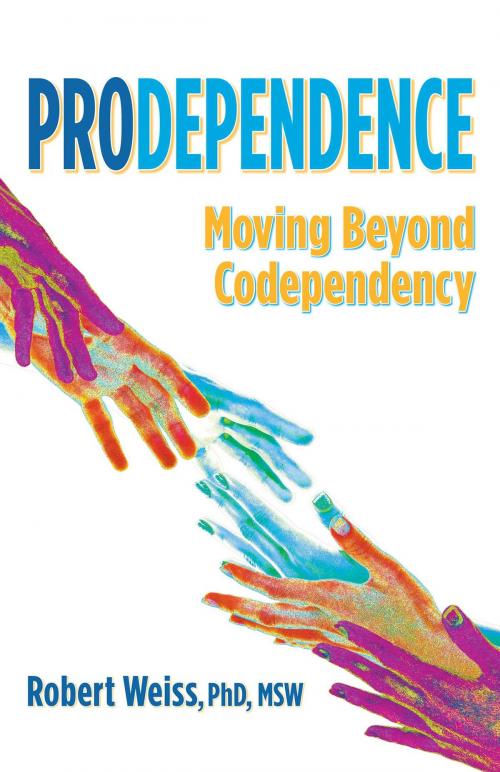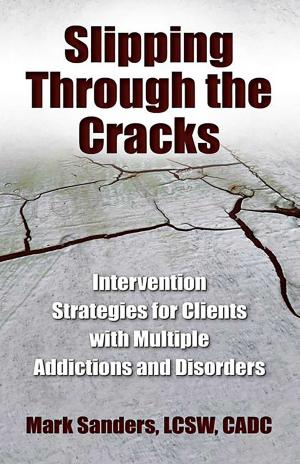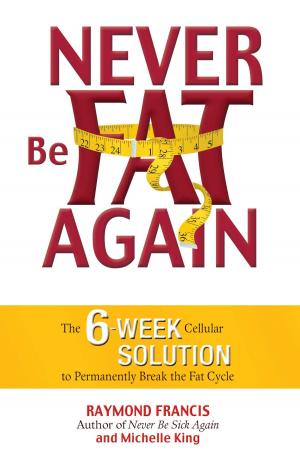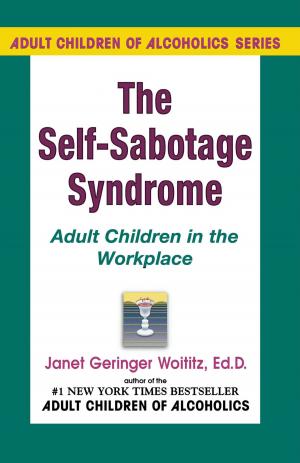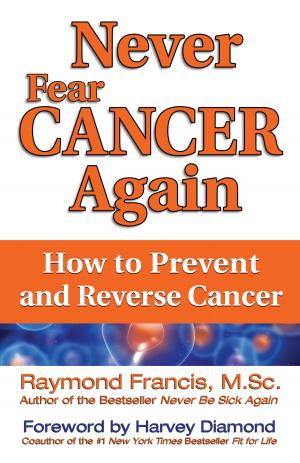Prodependence
Moving Beyond Codependency
Nonfiction, Health & Well Being, Self Help, Mental Health, Codependency| Author: | Robert Weiss, LCSW, CSAT-S | ISBN: | 9780757320361 |
| Publisher: | Health Communications Inc | Publication: | September 18, 2018 |
| Imprint: | Health Communications Inc EB | Language: | English |
| Author: | Robert Weiss, LCSW, CSAT-S |
| ISBN: | 9780757320361 |
| Publisher: | Health Communications Inc |
| Publication: | September 18, 2018 |
| Imprint: | Health Communications Inc EB |
| Language: | English |
Do you love an addict? Do you sometimes feel like their addiction is your fault? Are people calling you codependent? If our treatment toward loved ones of addicts alienates them, it's time we change our approach.
With Prodependence, Dr. Robert Weiss offers us the first fully new paradigm in over 35 years for helping those who love and care for addicts. An attachment-focused model, prodependence recognizes that no one can ever love too much, nor should anyone be pathologized for whomever they choose to love as is often the case. Prodependence informs caregivers how to love more effectively, but without having to bear a negative label for the valuable support they give. When treating loved ones of addicts and other troubled people using prodependence, we need not find something "wrong" with them. Instead, we acknowledge the trauma and inherent dysfunction that occurs when living in relationship with someone whose life is failing and keep moving forward. Validating a caregiver's painful journey for what it is opens the door to support them in useful, non-shaming ways.
Helping people take incremental, positive steps toward intimate healing is what Prodependence is all about!
Do you love an addict? Do you sometimes feel like their addiction is your fault? Are people calling you codependent? If our treatment toward loved ones of addicts alienates them, it's time we change our approach.
With Prodependence, Dr. Robert Weiss offers us the first fully new paradigm in over 35 years for helping those who love and care for addicts. An attachment-focused model, prodependence recognizes that no one can ever love too much, nor should anyone be pathologized for whomever they choose to love as is often the case. Prodependence informs caregivers how to love more effectively, but without having to bear a negative label for the valuable support they give. When treating loved ones of addicts and other troubled people using prodependence, we need not find something "wrong" with them. Instead, we acknowledge the trauma and inherent dysfunction that occurs when living in relationship with someone whose life is failing and keep moving forward. Validating a caregiver's painful journey for what it is opens the door to support them in useful, non-shaming ways.
Helping people take incremental, positive steps toward intimate healing is what Prodependence is all about!
